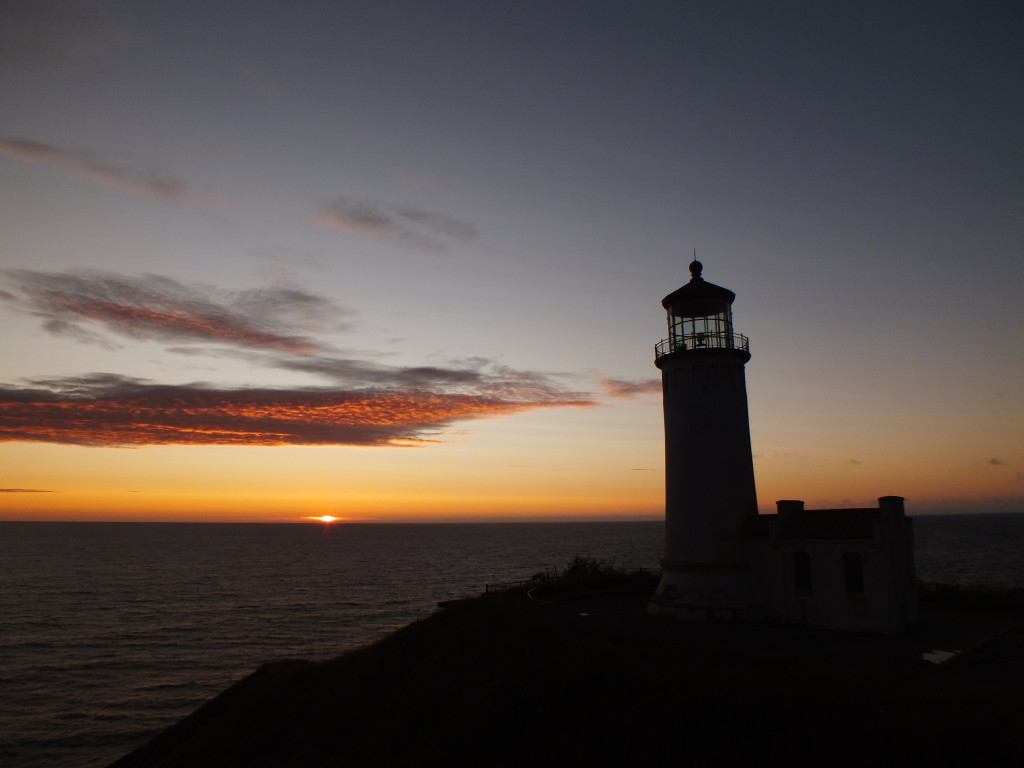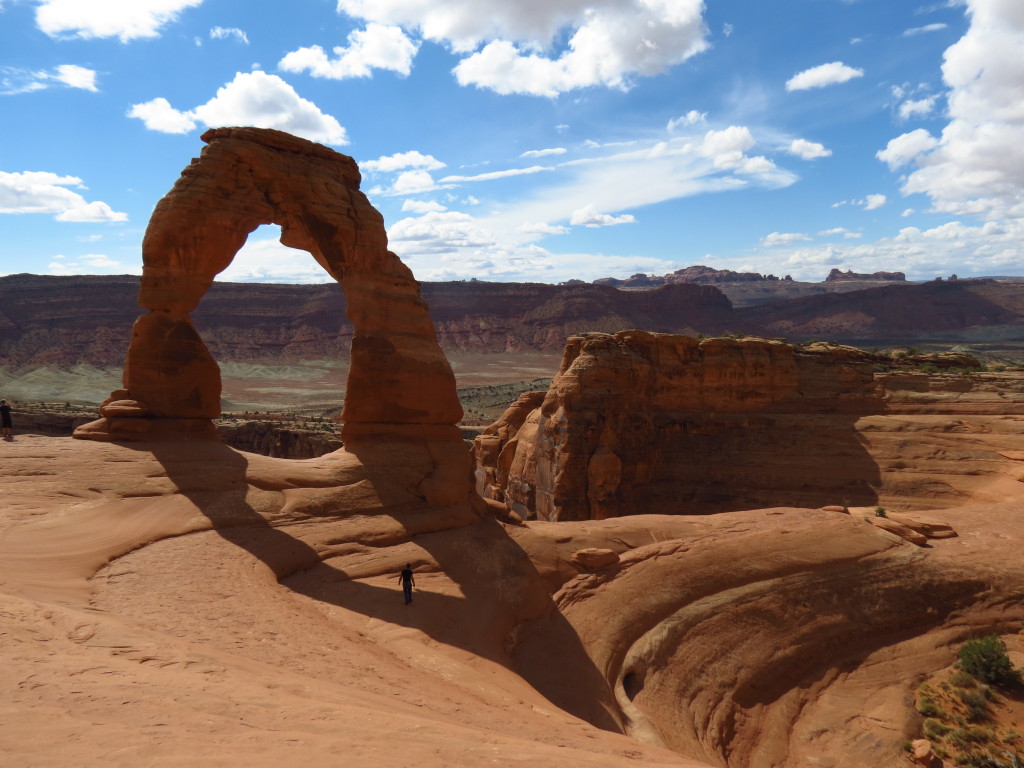The following is a summary and commentary on the “Ace Content Creation” breakout session, presented by Bauer and Sara Parker.
One of the more common reasons given for producing asexuality themed content is that people are creating the content they wished they’d encountered before discovering asexuality or wished they’d had when they were first telling other people about it. The idea of “Be Who You Needed When You Were Younger” came up several times.
When creating content, be who you are. Don’t put on a persona, don’t feel that you have to hide something about yourself because it will “make asexuality look bad”.
Make content for what you want people to know. Pick topics that you’re passionate about. You are not obligated to cover any topic that you are not interested in or don’t feel like you should be speaking about.
We don’t always have to agree on everything 100% of the time. We’re big enough that disagreements are possible.
When talking to the media, give soundbites in the direction that you want the story to go, not necessarily where the reporter wants to take it. Sometimes the reporter will have a story in mind, and it’s not your job to go along with that. Also, you should push back when a reporter makes statements that are troublesome. Someone in the audience recounted a time where a reporter was looking for “uncomplicated” asexuals to interview, where “uncomplicated” was code for cisgender, neurotypical, etc. It is okay to call them out on that kind of attitude. Ask questions of the reporter to get an idea of the story they’re looking to write.
We have power. We can organize. If someone launches some sort of campaign that erases or attacks asexual people in some way, we can come together and take them down, and we will have allies on our side. This has been done before.
There was a call for asexuality to be included in sex ed curricula. Many people expressed the feeling that if they had just heard the word when they were younger, if they’d known asexuality was a possibility, it would have helped them. There was also a call for more education amongst therapists and health care professionals.
Asexuals in the media: People wanted to see more ace representation in the media, not just in novels and movies or TV shows, but also in artwork. There was a call for diversity in asexual representation, not just racial or gender diversity, but diversity in romantic orientation and personality types. “Reject the golden ring of asexual acceptance by society” was brought up, and I can’t remember whether that meant to move beyond the “unassailable asexual” or to move beyond the robot/nerd/antisocial stereotypes, but either way, both need to be done.
This session also went in-depth on dealing with homophobes, including some important safety information regarding glitter bombs: Be sure to use cosmetic glitter, because regular glitter can scratch corneas and leave you open to lawsuits. Other suggestions included having some prepared bible verses in support of asexuality (Such as Paul’s “It’s better to remain unmarried” letter or the “eunuchs by birth” remarks) to quote back, if someone tries to start quoting bible verses about how asexuality is a “sin”.
And finally, someone in this session brought up a need for a “Singles Night” at a bar – for people who want to remain single.
Linkspam:
These are some websites that were mentioned in the session and the discussion:
- Session Notes: http://wildasexuals.tumblr.com/post/122179113540/aces-aros-in-the-media-naac2015
- The Asexuality Blog: http://www.theasexualityblog.com/
- Aces Wild Channel: https://www.youtube.com/channel/UCwoFbpBuUTc-VBfcnb_V2lA
- Ace Toronto: https://acetoronto.wordpress.com/
- Asexuality Archive: http://www.asexualityarchive.com/
- What Is Asexuality.com: http://www.whatisasexuality.com/
- On The Unassailable Asexual: https://www.youtube.com/watch?v=iXXqYcZJUGI
- Flibanserin Article: http://nytlive.nytimes.com/womenintheworld/2015/06/08/could-the-new-female-viagra-threaten-asexuals-identity/ (Not mentioned in session: On an article about a pill for “women with low sex drive” and its potential impact on female aces, only men are quoted.)
- Flibanserin Radio Show: http://www.kqed.org/a/forum/R201506121000
- Rated X documentary: https://www.youtube.com/watch?v=WaifqSq93kM
- John Oliver, FIFA and the Epic and Dramatic Music: http://www.rollingstone.com/sports/videos/watch-john-oliver-flame-fifas-jack-warner-20150615
- MSDS For Glitter: http://elmers.com/docs/default-source/sds’s-(safety-data-sheets)/se3066.pdf?sfvrsn=2
- (Could not find a video of the glitter bombing of homophobes at WorldPride. Anyone have a link?)
- Asexuality being used by religious people as a weapon in the fight against “The Gay”: http://redbeardace.tumblr.com/post/53689535567/there-were-a-lot-of-troubling-comments-on-the
- And the follow up: http://redbeardace.tumblr.com/post/53719994798/earlier-today-i-posted-about-a-troubling-comment



